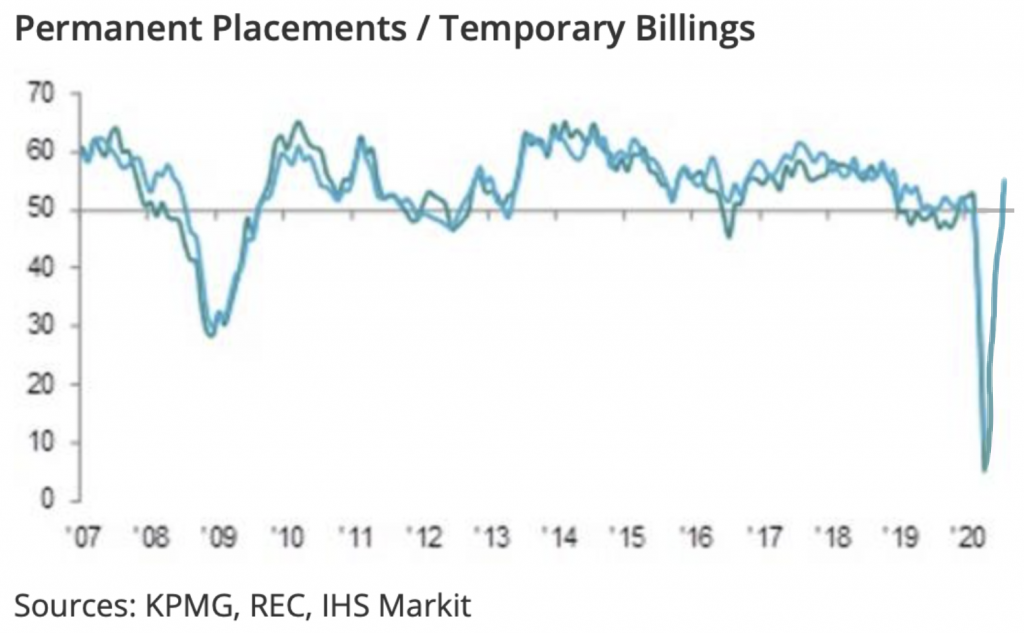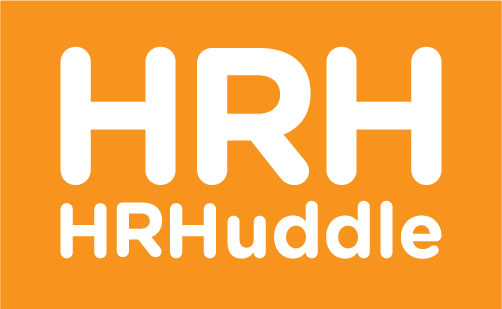Eloise’s October 2020 News – Change, Adapt, Focus, Support

Hello and welcome to October
Experiencing the darker mornings and the nights drawing in as well as this persistent rain, we really know autumn has arrived! October is set to be a big month of change for all of us. Changes in the various parts of the UK with everyone seemingly living with differing rules due to the tightening and relaxing of lockdown measures. Changes to our shopping habits, our daily routines, how we travel, and the ways in which we can all socialise. Changes in the work environment as most businesses continue to struggle and many more are still unable to open or trade at all.
There are also potentially some big changes coming in the US as the presidential election campaign unfolds. And changes throughout the World as we all try to adapt to being six months into this pandemic with nobody really knowing when it will all be back to ‘normal’.
But, not all change is bad and we are seeing some positive signs in places. The changes in September with children getting back into schools and people getting back to work did seem to make a positive difference to business and the employment landscape. Unfortunately, we are still seeing a number of redundancies, but we are also seeing new opportunities with confidence returning to some business sectors. With that in mind here’s a little look at the UK report on jobs from the REC and KPMG.
The Recruitment Outlook
 The latest KPMG and REC, UK Report on Jobs survey has signalled a continued upturn in hiring activity in September as more parts of the economy have reopened following the COVID-19 outbreak. Although permanent placements rose only slightly in September, temp and fixed term opportunities have expanded at the quickest rate for 20 months and have stabilised the interim and contract markets. The availability of candidates in the employment market meanwhile rose at the second-steepest rate in over two-decades amid reports of widespread redundancies.
The latest KPMG and REC, UK Report on Jobs survey has signalled a continued upturn in hiring activity in September as more parts of the economy have reopened following the COVID-19 outbreak. Although permanent placements rose only slightly in September, temp and fixed term opportunities have expanded at the quickest rate for 20 months and have stabilised the interim and contract markets. The availability of candidates in the employment market meanwhile rose at the second-steepest rate in over two-decades amid reports of widespread redundancies.
Consequently, with more people on the employment market we have unfortunately seen reductions in starting salaries and temp wages.
Although employers are generally perceiving candidate attraction as easier now, a few major trends have emerged in changing job seekers’ behaviours in comparison with before the pandemic. They are:
- Passive candidates are more reluctant to move, given the uncertainties in the market
- Active candidates are much more open to trying new positions and are accepting lower salaries. However, the downside of this is that more applicants are applying to roles with fewer or even no relevant skills or experience
- Many contractors are applying for permanent positions, demonstrating less of an appetite for a temporary role
Looking ahead, some of the biggest concerns in relation to the recruitment market identified by employers and recruiters are:
- Adapting to new ways of working (49%)
- Managing too many applications (46%)
- Generating results with less budget or internal resource (37%)
The report is compiled by KPMG and the REC. To talk through your experiences of the employment market or recruitment plans, get in touch.
Focus for the end of the year
There is so much going on in the world at the moment and so much uncertainty for employers and employees so I have asked for feedback from local business leaders and companies on what they feel will be the key issues and focus for the next quarter.
Unfortunately, the consensus is that there will be more restructures and redundancies with the aftermath of the furlough scheme and focus on the new Job Support Scheme for those that can.
We are hearing that there will be lots of positive focus on change and how businesses and people need to adapt to our new world. You might be interested in our recent blog on top tips to manage culture change https://www.vanillarecruitment.co.uk/client-recruitment-advice/top-tips-on-culture-change/
Working remotely, away from our colleagues and peers, has had clear ramifications for how well we communicate and collaborate. From rising levels of “Zoom fatigue” to a reduction in adhoc workplace interactions. Feedback from Leaders is that collaboration is one of their top remote challenges. Technology is seemingly the key to overcoming these issues
| Top Challenges of Remote Working | Top Ways to Overcome These Challenges | |
| 1. | Team Bonding | Instant Messaging |
| 2. | Collaboration | Audio conferencing |
| 3. | Work oversight | Video conferencing |
Thankfully, the health and wellbeing of our people is also high on the business agenda for the next quarter with rising concerns over mental health of issues caused due to isolation, longer term remote working and uncertainty. If you are feeling overloaded and fatigued at the moment, then you are not alone. Anxiety and brain fog at this time of year (and in particular this year) is common. It’s the culmination of rising stress levels as we shift the school and work routine coupled with seasonal changes in weather and gradual diminishing daylight. For help on how to bounce back and regain your resilience read our recent blog post How to get the bounce-back factor https://www.vanillarecruitment.co.uk/client-recruitment-advice/how-to-get-the-bounce-back-factor
For more information on how CEO’s are leading the way on employee wellbeing read our latest blog post Boosting Employee Experience and Morale in Uncertain Times https://www.vanillarecruitment.co.uk/client-recruitment-advice/boosting-employee-experience-and-morale/
New Job Support Scheme
As the furlough scheme draws to a close the government has launched a new Job Support Scheme to provide continued support for some businesses.
The finer details are not known yet, and further guidance is expected shortly, but the headlines are as follows.
- It is open to larger employers whose turnover has fallen as a consequence of COVID-19 and all SMEs (provided they have a UK bank account and UK PAYE scheme).
- It is open to employers whether or not their employees were furloughed previously.
- It is effective from 1 November, after the end of the current flexible furlough scheme on 31 October. The scheme will run for six months until the end of April 2021.
- The employee must have been on the payroll as of 23 September 2020 and work at least 33% of contracted hours of employment for which the employer pays at the normal rate. This threshold in hours may be reviewed and increased by the government after three months.
- The scheme provides help with pay for the period the employee does not carry out work for the employer – so currently a maximum of 67%.
- Of that time, the employer and the government will pay 33% of the pay that would have been available – so on the example of 67% the employer will contribute an additional 22% and the government will contribute 22%.
- The employee will receive 77% of pay in this example paid 55% by the employer and 22% by the government.
- The maximum contribution the government will make is £697.92 per month per employee and so the full benefit of the scheme is available for annual salaries up to around £38,000.
- Employees will be able to cycle on and off the scheme and do not have to be working the same pattern each month, but each short time working arrangement must cover a minimum period of seven days.
- Grant payments will be paid to employers monthly in arrears, with the expectation that employers can make the first claims online in December.
- HMRC will check claims and government grant payments may be withheld or need to be paid back if they are fraudulent or based on incorrect information.
- Employees cannot be made redundant or put on notice of redundancy during the period within which the employer is claiming the grant. However, it does not appear to be a ban on redundancies – the current information suggests employers can just stop claiming the grant and move to redundancy if they assess that is right for their business.
- Large businesses will be expected not to make capital distributions (such as dividend payments) while accessing the grant.
- The jobs retention bonus is also available to employers claiming under the job support scheme.
- Employers must agree the new short time working arrangements with their staff, make any changes to the employment contract by agreement, and notify the employee in writing. This agreement will need to be made available to HMRC on request so good documentation and record keeping will be essential.
See the government’s fact sheet for more information. There is a useful table at paragraph 7 showing the employer contribution and the government grant in different part-time working scenarios.
HR Huddle – Demystifying the new Job Support Scheme
 If you have questions or want to know more about the Job Support Scheme join us for a live webinar on Wednesday 14thOctober at 2pm with employment lawyer Keeley Baigent of KsabLAW.
If you have questions or want to know more about the Job Support Scheme join us for a live webinar on Wednesday 14thOctober at 2pm with employment lawyer Keeley Baigent of KsabLAW.
That’s it for another month
I have a feeling that although October is one of the longer months in terms of working weeks, it is going to fly past in the blink of an eye with everything that is going on.
I hope you are managing to adapt as best you can to the changes around us, and if we can support you in any way please let us know. Best wishes for a great month and stay safe everyone.
Study in your own time and at your own pace to get a verifiable qualification with New Skills Academy. With over 700 courses to choose from you’re sure to find a course that interests you. All of the online courses can be studied from your PC, MacBook, tablet or smartphone device. Click here for more info.
We recruit throughout the East Midlands covering Leicestershire, Northamptonshire, Rutland and the surrounding areas, especially Market Harborough, Lutterworth, Leicester, Corby and Kettering. We help people find their perfect job and match suitable jobseekers with businesses looking to hire the best candidates across our five specialisms – Sales, Marketing, Accountancy & Finance, HR and Office
Please find below some helpful links:
- Mental Health https://www.mentalhealth.org.uk/publications/looking-after-your-mental-health-during-coronavirus-outbreak
- Mental Health https://www.nhs.uk/oneyou/
- Mental Health https://www.mind.org.uk
- Samaritans https://www.samaritans.org

